Decades of research have led scientists to develop ‘game-changing’ personalised cancer vaccines. In a fast-track trial, thousands of Brits will be offered the treatment in the fight against the disease.
Hopes of a Permanent Cure

Each jab is ‘built’ specifically for individual patients based on their tumour type and stage of disease. The vaccination works by making the body hunt and kill cancer cells.
Cure and Subsequent Prevention: The Aim

The vaccines aren’t just designed to kill present cancer cells – they’ll also act as a prevention for future return. The vaccine is designed to help the immune system recognise cancer cells and kill them to prevent cancer from coming back.
UK Offers World-First Treatment
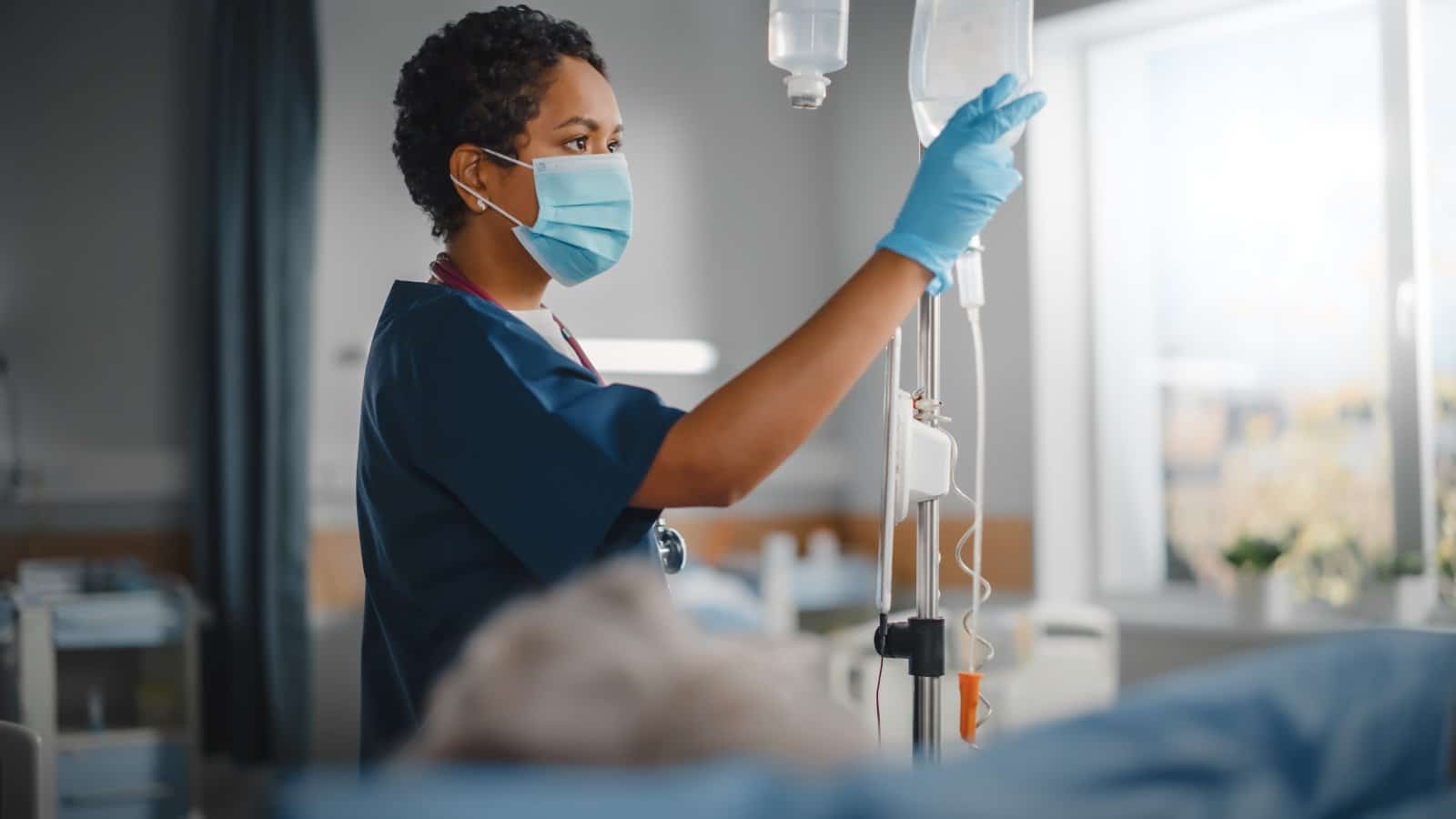
The UK is the first country in the world to offer this treatment. Participants will be selected using eligibility criteria. They’ll then have blood tests and cancer tissue samples will be taken, allowing scientists to build their vaccine.
NHS Uniquely Positioned to Offer Treatment

Amanda Pritchard, head of NHS England, said: “The NHS is in a unique position to deliver this kind of world-leading research at size and scale.”
Research Shows Promise

While the vaccination is in its early stages, it has shown to be effective at clearing remaining cancer cells following surgery. There’s hope the technology could be developed even further—potentially as a preventative measure.
Scheme Launched With a Few Dozen Participants

The scheme is called Cancer Vaccine Launch Pad and has been kicked off with a few dozen participants. Its wider rollout will begin across 30 NHS sites.
Treatment Development Is a Multi-Disciplinary Approach

Prof Simon Crabb is the clinical director running the study. He said the trial “brings together different academic and industry partners who are developing cancer vaccines and allow patients across England to access trials of treatments that may not have previously been an option for them”.
Early Trials Using Selected Cancers

The first trials are expected to focus on a select few cancers – colorectal, skin, lung, bladder, pancreatic and kidney cancer.
More Types of Cancer to Be Treated in Future

The scientists hope that as the results come in and the technology develops further, more types of cancer will be treated using vaccines in the future.
Cancer Scientists Incredibly Excited by Potential

NHS England’s national clinical director for cancer, Prof Peter Johnson, said: “We know that even after a successful operation, cancers can sometimes return because a few cancer cells are left in the body, but using a vaccine to target those remaining cells may be a way to stop this happening.”
Trial Will Grow into Thousands of Patients

“Access to clinical trials could provide another option for patients and their families, and I’m delighted that through our national launch pad we will be widening the opportunities to be part of these trials for many more people, with thousands of patients expected to be recruited in the next year.”
The Race Is on to Find Eligible Patients for Trail Rollout.

Amanda Pritchard said: “As more of these trials get up and running at hospitals across the country, our national matchmaking service will ensure as many eligible patients as possible get the opportunity to access them.”
Developments Lauded by Cancer Research UK
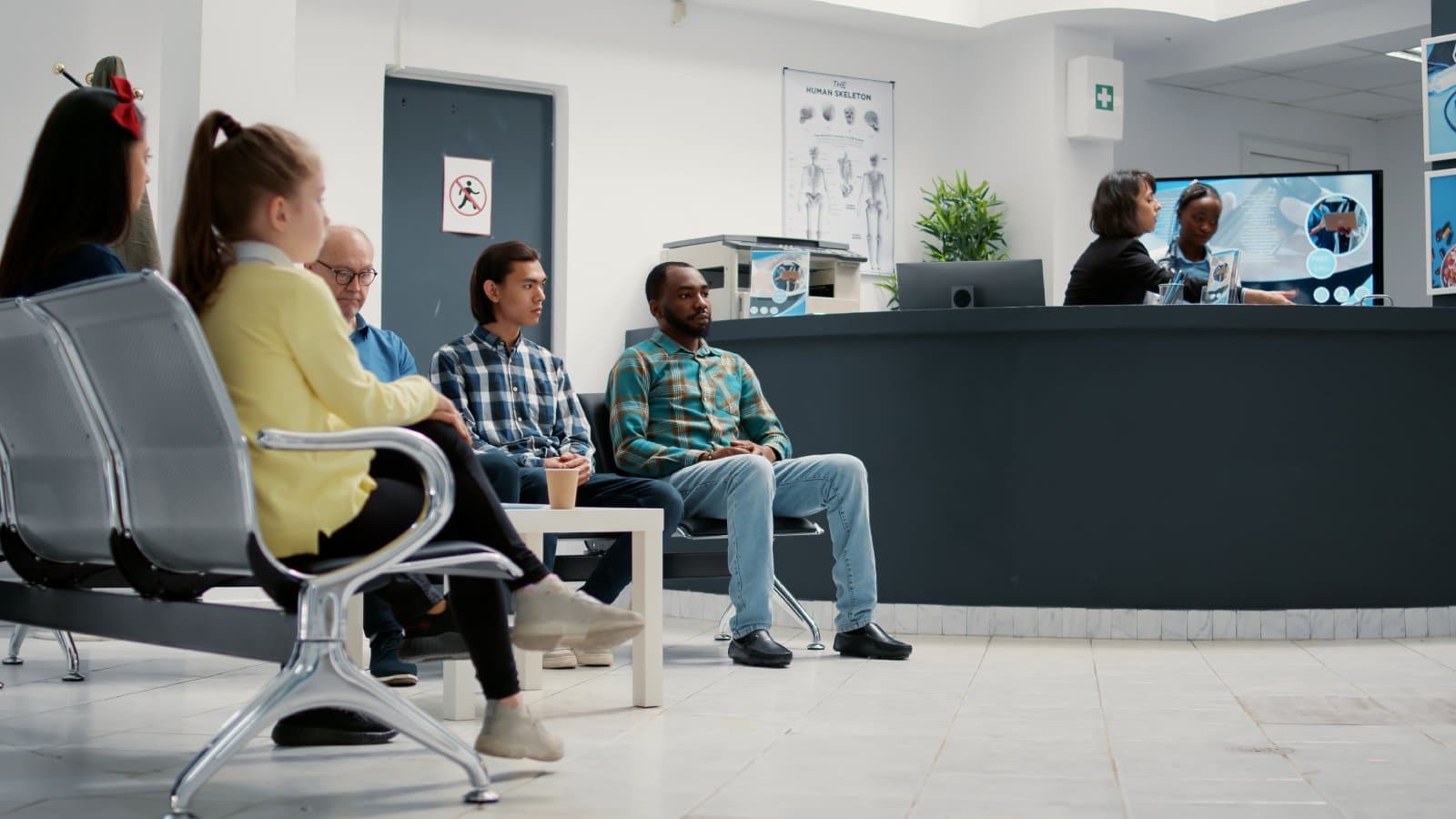
Iain Foulkes, the executive director of research and innovation at Cancer Research UK, said the technology was “incredibly exciting” and described the new treatment method as a “game-changer”.
Hopes This Treatment Will Become ‘Standard’
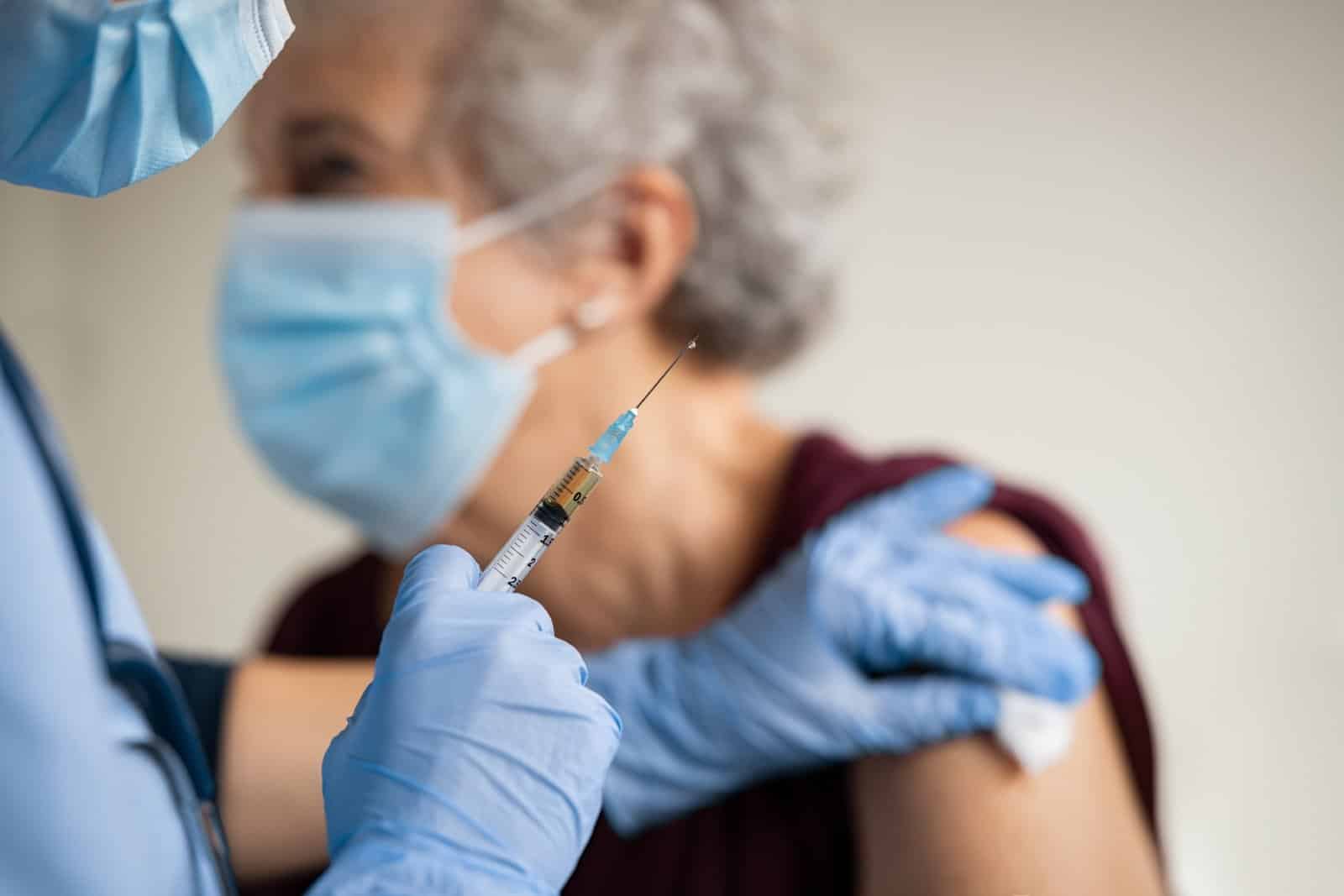
Dr Victoria Kunene from Queen Elizabeth Hospital Birmingham, said: “I think this is a new era. The science behind this makes sense. My hope is this will become the standard of care. It makes sense that we can have something that can help patients reduce their risk of cancer recurrence.”
Treatment Could Replace More Aggressive Forms

Prof Gareth Griffiths, director of the Cancer Research UK Southampton Clinical Trials Unit, said: “Cancer vaccines have the potential to improve the way we treat the disease, particularly for those cancers where treatment options are currently limited or very demanding on patients’ bodies.”
Medicine Often Worse Than the Disease
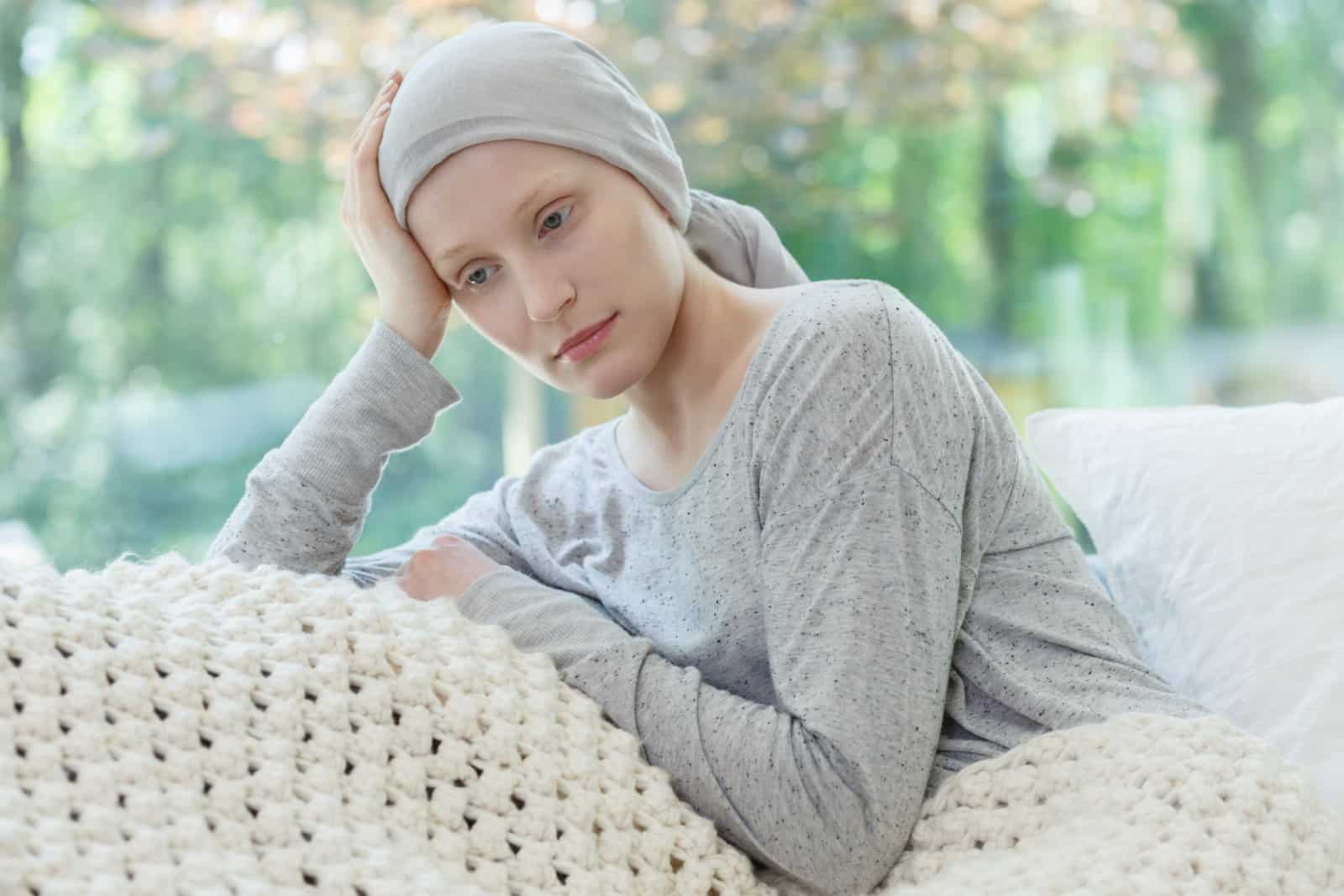
For many patients, the effects of chemotherapy, surgery or radiotherapy are more debilitating than the cancer itself. If these treatments could be avoided, it would help the patient living with the disease much more.
Helping People Live Longer
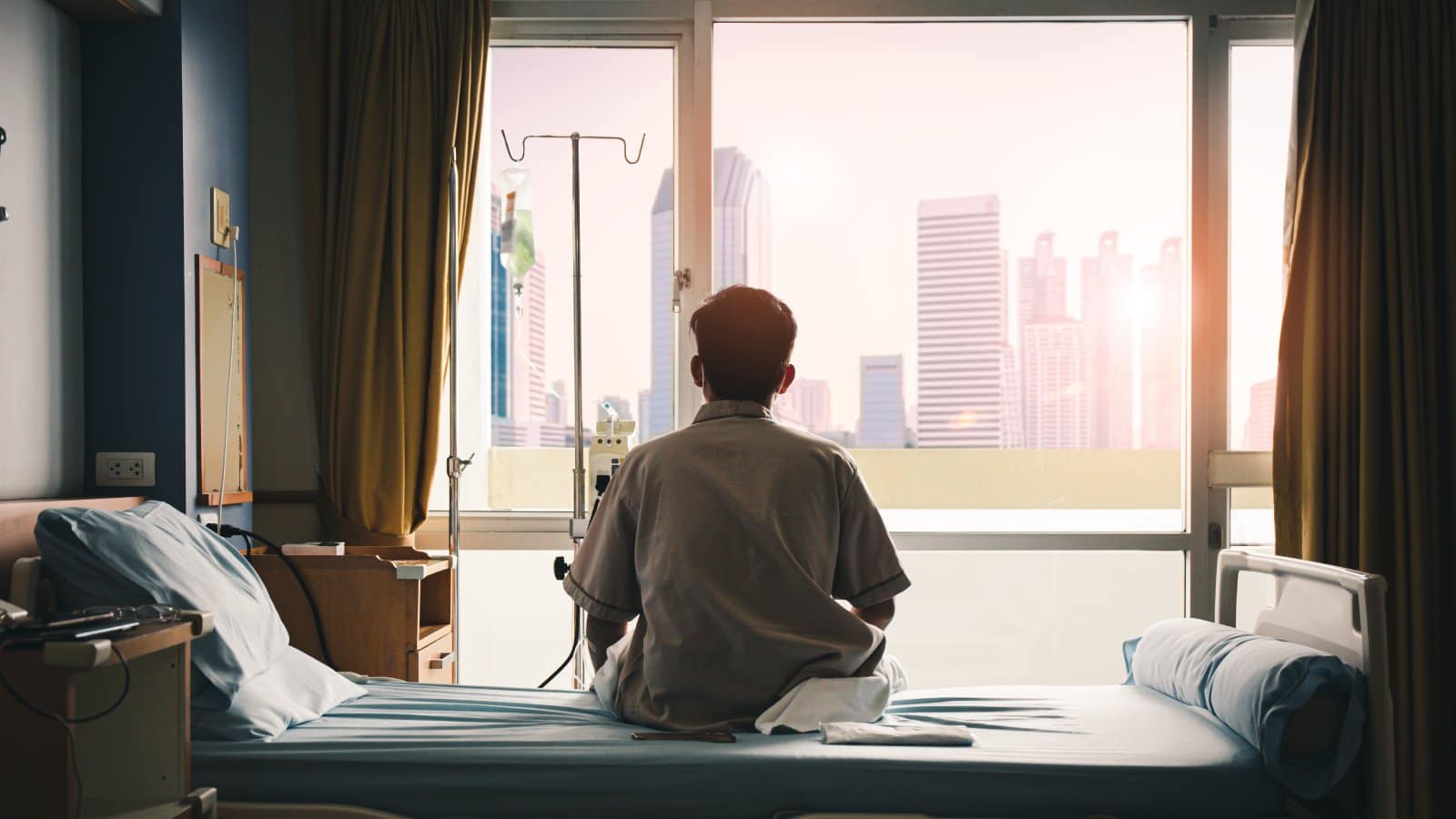
He continued: “Clinical trials like this are vital in helping more people live longer, better lives, free from the fear of cancer.”
Cancer Impacts So Many

With 1 in 2 of us being affected by cancer at some point in our lives, this treatment could save millions of lives around the globe every year. It’s a huge scientific breakthrough if it works.
25 Things You CAN’T Talk About Anymore

Remember the days when you could freely discuss just about anything without fear of sparking controversy? Well, those days are long gone. In today’s hyper-sensitive world, there are topics so fraught with tension that even mentioning them can lead to heated debates and hurt feelings. 25 Things You CAN’T Talk About Anymore
Stranded: 15 Worst British Cars in History
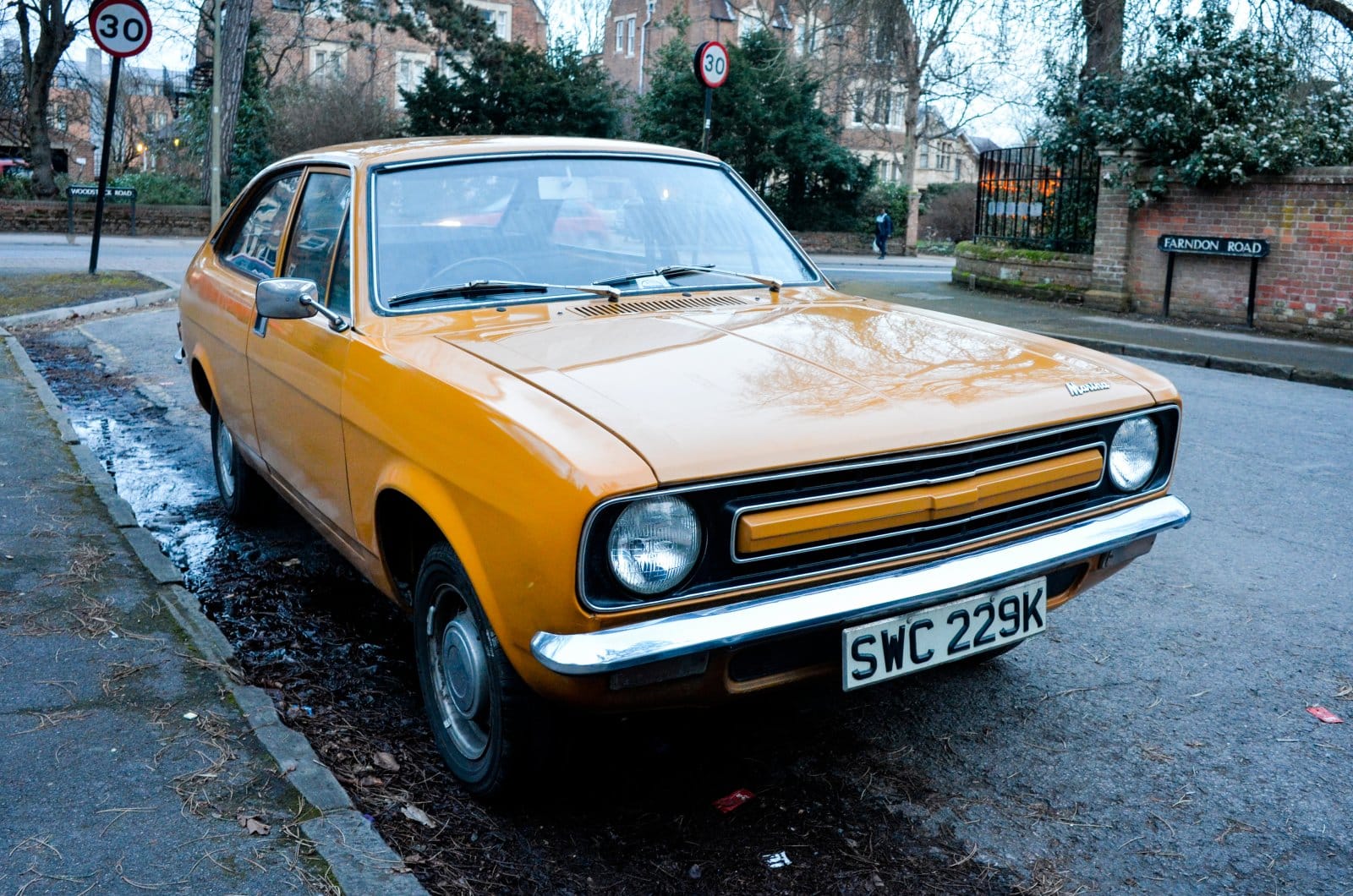
Ever had a car that spent more time with the mechanic than on the road? A car that turned every journey into a game of “Will we actually get there?” If so, you might just see a familiar face (or should we say, chassis) in our countdown to the most unreliable British car in history. Stranded: 15 Worst British Cars in History
“Britain Will Become Unrecognizable” – Suella Braverman Spells Disaster for UK Amid Steep Rise in Visas Issued

Former Home Secretary Suella Braverman has warned that Britain will become “unrecognizable,” criticizing the amount of work visas the Home Office has approved, despite only being removed from her role in November. “Britain Will Become Unrecognizable” – Suella Braverman Spells Disaster for UK Amid Steep Rise in Visas Issued
20 Things From the ‘70s That Are Not OK Today
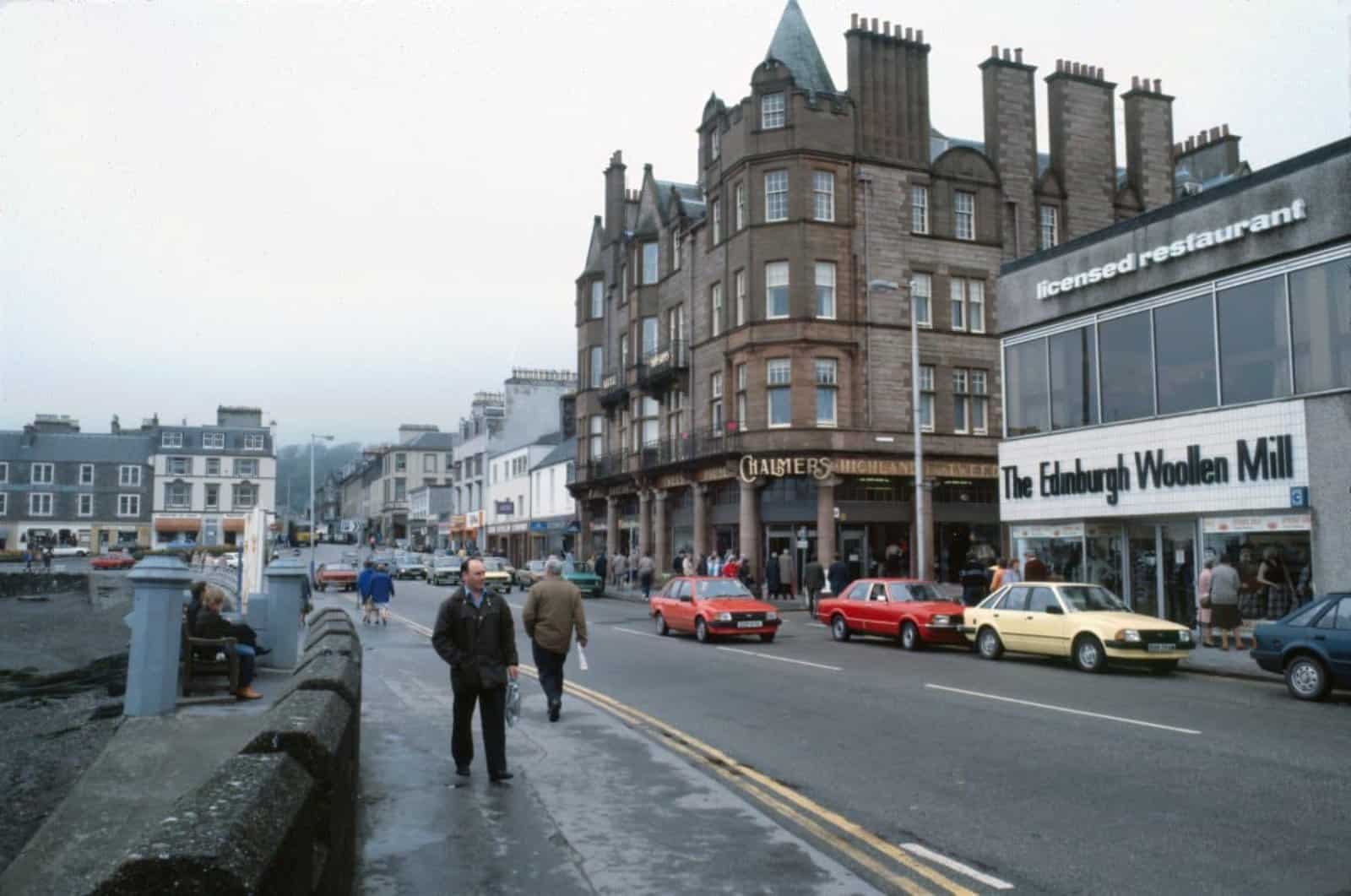
Step into the time machine and set the dial to the 1970s, a decade of disco, bell-bottoms, and some rather questionable choices. While the ’70s gave us iconic music and groundbreaking TV, not everything from this groovy era would get a green light today. 20 Things From the ‘70s That Are Not OK Today
20 Best and Worst Universities in the UK
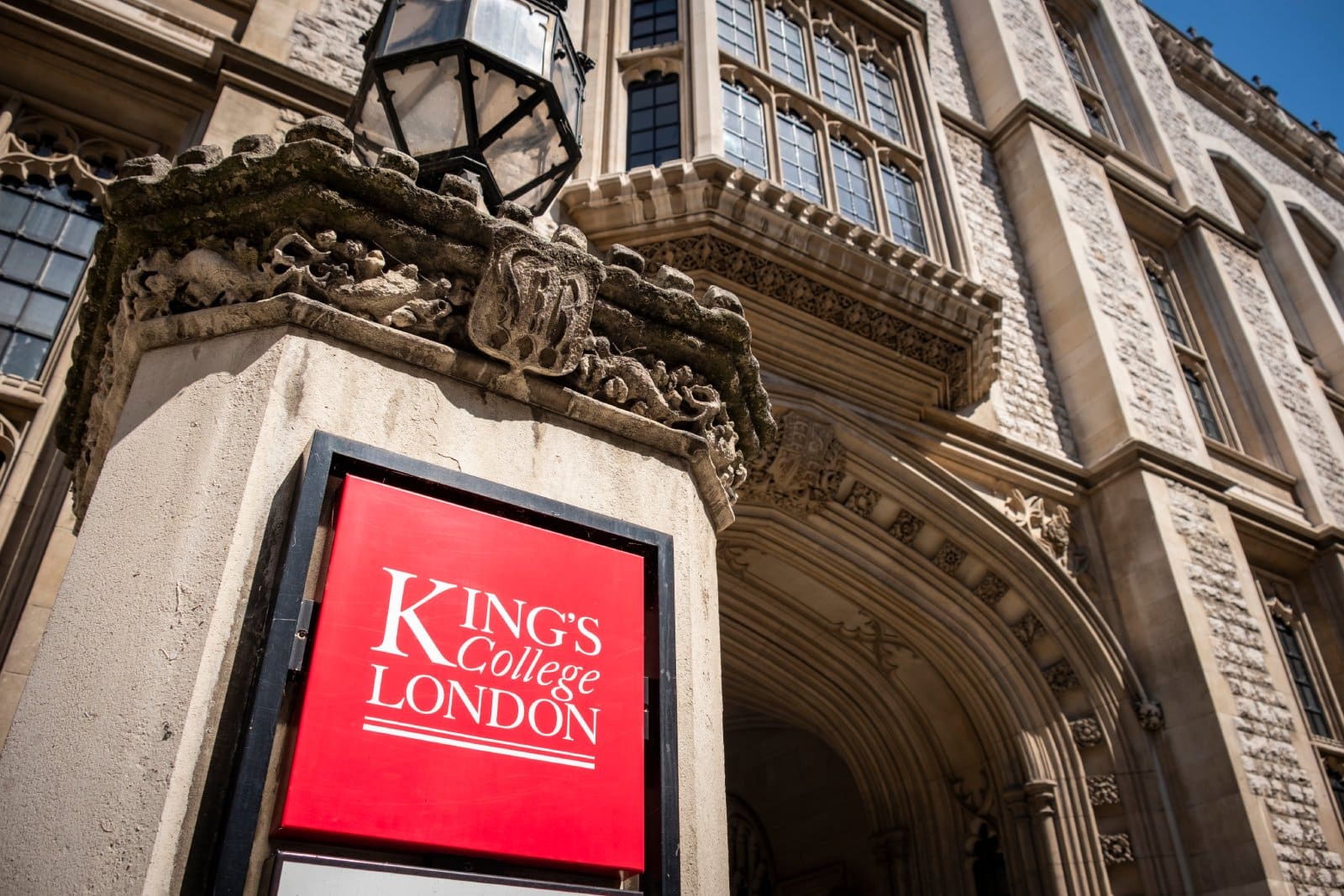
Navigating the UK university landscape is like deciphering a complex code of rankings, reviews, and reputations to uncover where you’ll not just learn, but truly flourish. Whether you’re drawn to the historic halls of Oxford or the creative buzz of Goldsmiths, finding your perfect fit is about aligning your aspirations with the unique offerings of each institution. 20 Best and Worst Universities in the UK
The post UK Pioneers Cancer Vaccines Which Could Cure Thousands of Brits first appeared on Edge Media.
Featured Image Credit: Shutterstock / Gorodenkoff.

